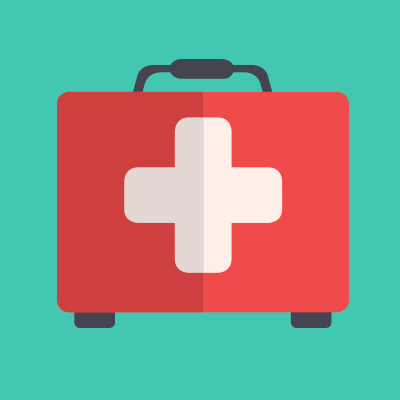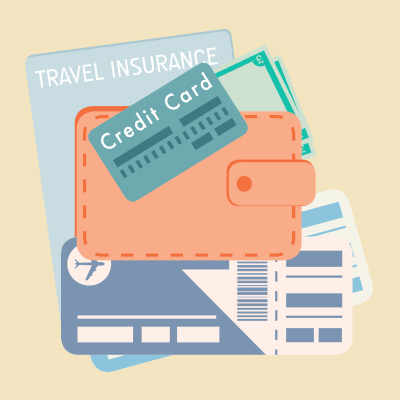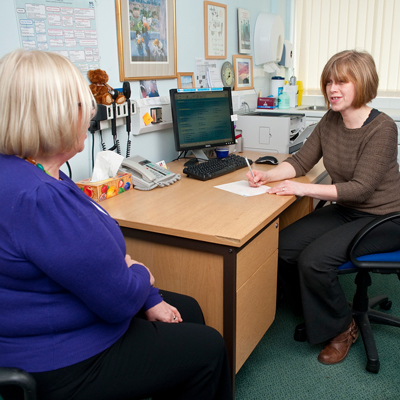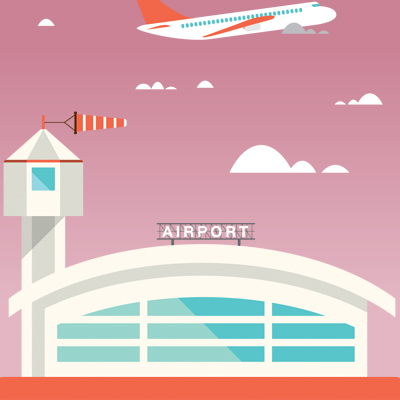 Carry your medication and letter in your hand luggage in case your checked on luggage goes missing, and store your medication in its’ original packaging.
Carry your medication and letter in your hand luggage in case your checked on luggage goes missing, and store your medication in its’ original packaging.- Make sure you have all the medication you need in case of a delay in getting to your destination or getting back home.
- If you plan to carry liquid medication which is more than 100ml you will need to get agreement from the airline and the departure airport. Also be prepared to verify the liquids by tasting them.
- If your holiday destination is in a different time zone, you may find that you are taking your regular medications at awkward times. You may wish to gradually adjust the times that you need to take these to fit in with the local time. Your doctor or pharmacist can help you to plan how to make this adjustment.
- If you are unsure whether you are allowed to take your medications into a country you can check with their high commission or embassy.
See our separate section on travelling with oxygen.











